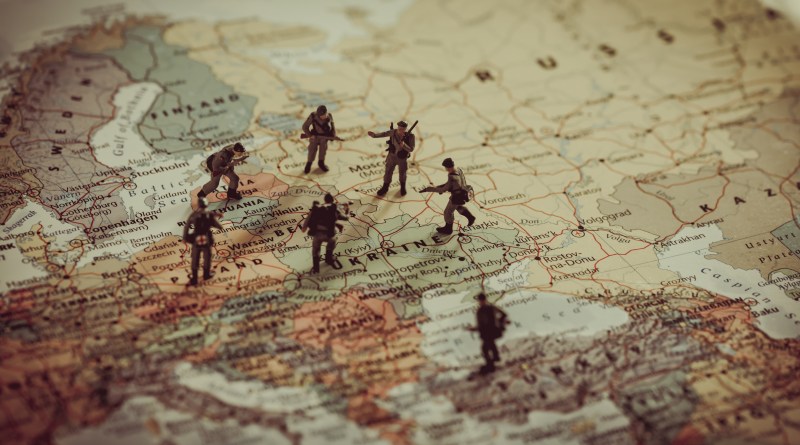The suspicious murders in Odisha of a Russian businessman and politician who was a vocal Putin opponent should raise red flags in India’s security services. The politician’s death has been ruled accidental for the time being, but numerous questions have been raised because the local police did not follow standard operating procedure and keep the viscera following the post-mortem. A hospital window in Moscow is where the chairman of Russia’s second-largest oil business met his untimely end. Like many others, he had demanded that Russia halt its military operation.

Deadly mysteries have been around nearly as long as political intrigue and warfare on a global scale. In addition, it is common knowledge that intelligence agencies from time to time engage in what the Americans call “extreme rendition,” a practise in which they target citizens of other countries. The idea is that countries, or at least the more significant ones, attempt to increase the cost of such covert operations by foreign agencies by using superior counterintelligence. There is a risk of foreign operatives bringing their wars to this country as India’s strategic image rises and New Delhi is perceived as a significant player in hot-button geopolitical issues, such as the Ukraine conflict and the tensions in the Taiwan Strait.
Remember that in 2012, a sticky bomb was thrown at a car in which the Israeli defence attaché’s wife was riding in Delhi? Israel and Iran were allegedly conducting clandestine operations against each other’s ambassadors and scientists abroad during this time. Or consider the recent claims that China has been building up secret police stations in other nations to either persuade or intimidate Chinese nationals living there.

India should be particularly concerned. According to reports, over a hundred of these foreign Chinese police stations may be found in nations including the Netherlands, Ireland, South Korea, Japan, Germany, and the United States. Beijing may employ a similar strategy in India, not just to keep tabs on Chinese people living in the country, but also to carry out plans that could have far-reaching consequences for New Delhi’s safety.
We can only hope that India’s counterintelligence has been or will be enhanced in light of the increased threats it faces, as very little information is publicly available on India’s intelligence and counterintelligence capabilities. The primary focus of India’s security forces up to this point has been on countering and preventing acts of terrorism. There is a possibility, though, that we will have to confront increasingly sophisticated dangers. Becoming a superpower requires investing in well-equipped, well-trained espiocrats.

